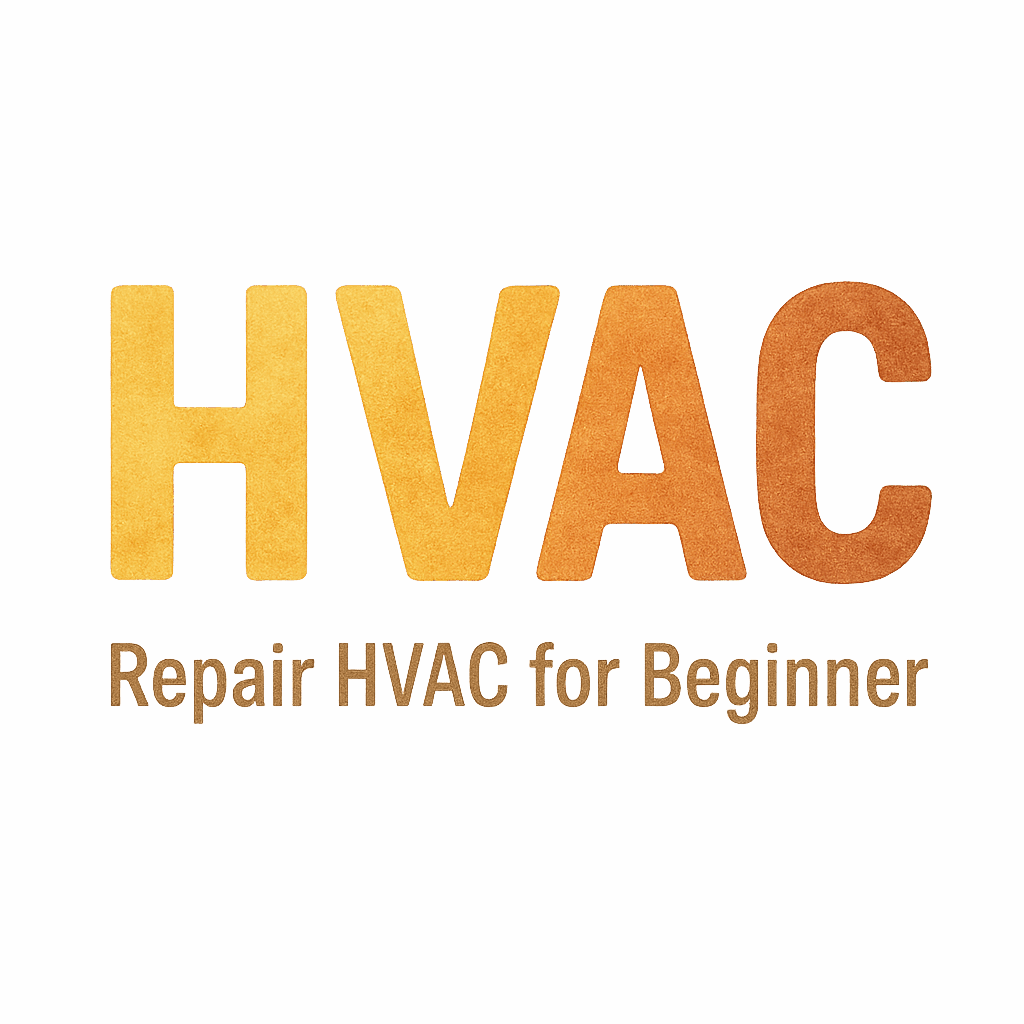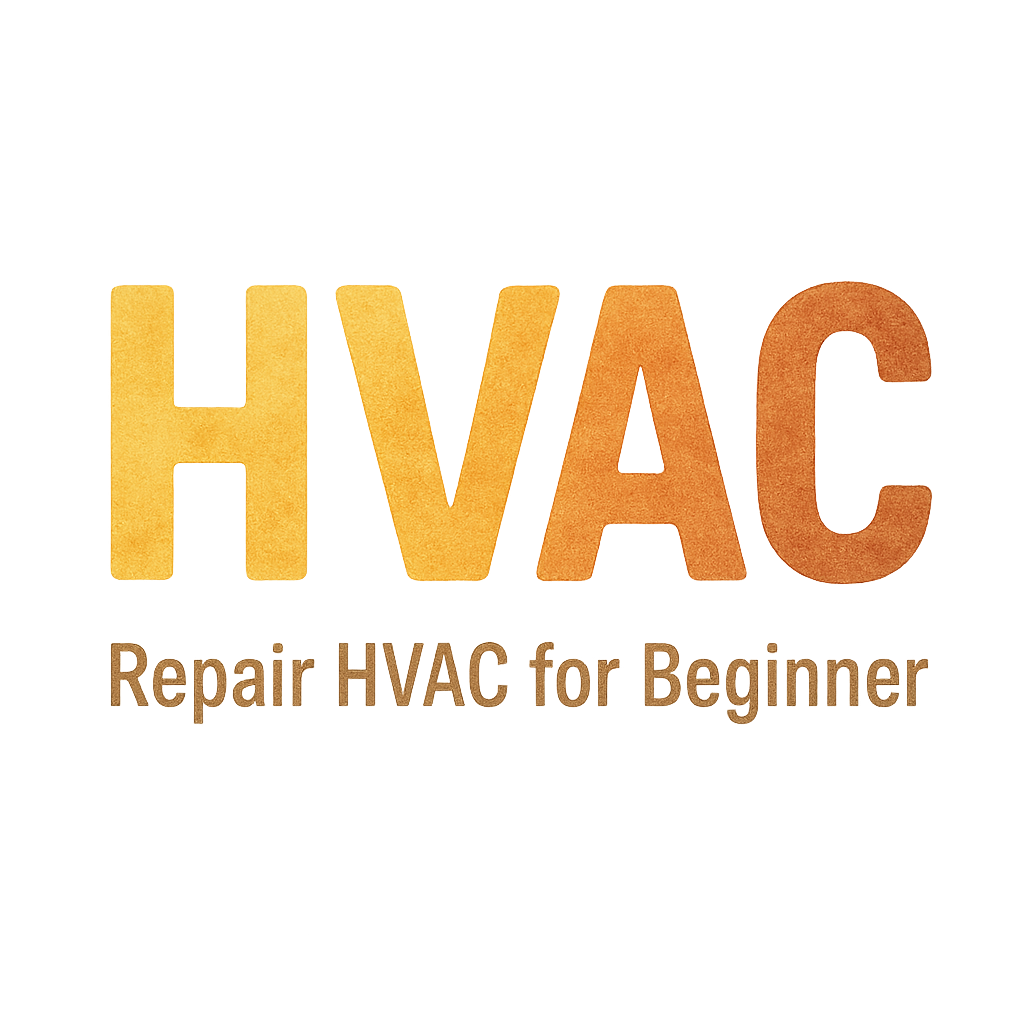Introduction
Cleaning your HVAC system is essential for ensuring your heating and cooling systems run smoothly, efficiently, and safely. However, if you’re new to HVAC maintenance, it’s easy to make mistakes that could end up costing you time, money, and possibly even damaging your unit. In this article, we’ll cover 10 HVAC cleaning mistakes beginners must avoid, offering useful tips and tricks to help you keep your HVAC system in top-notch condition.

What is HVAC Cleaning and Why It’s Important?
Before we dive into the common mistakes, let’s take a moment to understand what HVAC cleaning involves. HVAC stands for Heating, Ventilation, and Air Conditioning. Regular cleaning of these systems ensures that your home or office stays comfortable year-round. Cleaning helps prevent dust buildup, ensures clean air circulation, and can extend the lifespan of your HVAC unit.
Whether you’re a homeowner trying to save on expensive repairs or just looking to optimize your system’s efficiency, regular cleaning is a must. For more detailed information on HVAC maintenance, check out our HVAC Basics for Beginners.
Mistake 1: Ignoring the Air Filters
One of the most common mistakes beginners make when cleaning their HVAC system is neglecting the air filters. Air filters trap dust, dirt, and allergens, which helps keep the air inside your home clean. However, if you don’t change or clean the filters regularly, the dirt builds up and reduces airflow, forcing your system to work harder. This can lead to higher energy bills and potentially cause the unit to fail prematurely.
Tip: Check and replace your air filters at least every 1–3 months, especially during high usage seasons like summer and winter. For more on filter maintenance, read about common HVAC filter problems.
Mistake 2: Using the Wrong Cleaning Tools
Choosing the right cleaning tools is essential to avoid damaging delicate parts of your HVAC system. Using abrasive brushes, steel wool, or harsh chemicals can cause scratches or break essential components of your HVAC system. Some beginners mistakenly use these harsh tools, thinking it’ll make their system cleaner, but instead, they risk causing irreversible damage.
Tip: Always use a soft cloth, a vacuum with a soft brush attachment, or a microfiber duster when cleaning your HVAC components. If you need specialized tools, consult the HVAC tools and equipment guide for recommendations.
Mistake 3: Forgetting to Turn Off the System
This may seem like a no-brainer, but many beginners forget to turn off the power to their HVAC system before starting the cleaning process. Cleaning an HVAC unit while it’s running can be dangerous, not only because moving parts can cause injury, but also because dust and debris can get sucked into the system, causing more damage.
Tip: Always switch off the HVAC unit at the thermostat and, if possible, at the circuit breaker before starting any cleaning. If you’re unsure of how to properly shut off your HVAC system, check out our HVAC troubleshooting guide.
Mistake 4: Not Cleaning the Vents and Ducts
Vents and ducts are the pathways that circulate air throughout your home. Over time, dust, pet hair, and other debris can accumulate in these areas, reducing airflow and contaminating the air you breathe. Many beginners focus on cleaning the unit itself but forget to clean the ducts and vents.
Tip: Use a vacuum with a hose attachment to clean the vents and ducts regularly. You may also want to consider hiring a professional to clean the ducts thoroughly if they haven’t been cleaned in a long time. For a more in-depth look at the importance of regular duct cleaning, read HVAC system diagnosis.
Mistake 5: Over-Cleaning Your HVAC Unit
Another mistake beginners make is over-cleaning the HVAC unit. While regular cleaning is important, it’s possible to overdo it. Cleaning parts of the unit too frequently can cause wear and tear, especially if done improperly. For example, constantly wiping down the coils can cause them to bend or break.
Tip: Clean your HVAC system as needed, but avoid excessive scrubbing. Focus on tasks like changing filters, cleaning vents, and wiping down exterior surfaces. For deeper cleaning, consider hiring an expert. Learn more in our HVAC maintenance and cleaning tips.
Mistake 6: Using Harsh Chemicals
Harsh chemicals can damage sensitive components of your HVAC system, such as the coils or the plastic components. Many beginners unknowingly use strong cleaning agents, thinking they’ll disinfect the system or remove buildup more effectively.
Tip: Stick to gentle, non-toxic cleaners or natural solutions like vinegar and water for light cleaning. Avoid using harsh chemicals unless recommended by the manufacturer. For more advice on cleaning materials, read HVAC repair tips.
Mistake 7: Not Checking the Coil for Dirt or Debris
The coils in your HVAC system are responsible for heat exchange, and if they get clogged with dirt and debris, they can become less efficient. Dirty coils make the system work harder, reducing performance and increasing the risk of breakdowns.
Tip: Regularly inspect the evaporator and condenser coils for dirt or debris. If they appear dirty, clean them gently using a coil brush or vacuum with a soft brush attachment. If you need professional help, check our common HVAC problems for signs that your coils need attention.
Mistake 8: Failing to Inspect and Clean the Condensate Drain
The condensate drain removes excess moisture from your system. If it gets clogged with algae, mold, or other debris, it can lead to water damage, mold growth, and even system failure. Many beginners overlook the condensate drain during their cleaning routine.
Tip: Check the condensate drain periodically to ensure it’s clear. You can flush it with a mixture of vinegar and water to prevent buildup. If you’re unsure how to handle this, explore our HVAC troubleshooting and repair guide.
Mistake 9: Not Using Proper Protective Equipment
Working with HVAC systems involves handling electrical components, moving parts, and potentially hazardous materials. Beginners often neglect the importance of using protective gear such as gloves, goggles, and dust masks, which can expose them to unnecessary risks.
Tip: Always wear proper protective equipment when working on your HVAC system, including gloves, goggles, and a dust mask, to ensure safety during cleaning. If you need recommendations, explore protective equipment for HVAC work.
Mistake 10: Ignoring the Importance of Regular HVAC Maintenance
Many beginners assume that cleaning their HVAC system is a one-time job or something that only needs to be done when the system breaks down. Regular maintenance is essential to keep your HVAC system running smoothly year-round. Failing to follow a consistent maintenance schedule can result in costly repairs down the line.
Tip: Schedule professional HVAC maintenance at least once a year to ensure your system is operating efficiently and prevent any hidden issues from becoming major problems. For a more structured approach to regular care, check out our HVAC monthly maintenance checklist.
How to Properly Clean Your HVAC System: Step-by-Step
Now that we’ve covered common HVAC cleaning mistakes, let’s go over a step-by-step guide to cleaning your HVAC system properly.
- Turn off the system at the thermostat and circuit breaker.
- Change or clean the air filters.
- Vacuum the vents and ducts using a soft brush attachment.
- Clean the coils using a coil cleaner or gentle brush.
- Inspect and clean the condensate drain.
- Wipe down the exterior surfaces of the unit with a damp cloth.
- Check the refrigerant levels and ensure there are no leaks.
- Test the system to ensure it’s working properly.
For more comprehensive guidance, visit HVAC troubleshooting.
Signs That You Need to Call a Professional
While many HVAC cleaning tasks can be done on your own, some situations may require professional help. If you notice any of the following, it’s time to call an HVAC technician:
- Poor airflow even after cleaning the ducts.
- Water damage near the system.
- Unusual noises or vibrations.
- Frequent breakdowns or system malfunctions.
For expert HVAC services, check out our HVAC repair services.
Conclusion
Cleaning your HVAC system is a crucial part of home maintenance. Avoiding these 10 common mistakes will help ensure your system operates efficiently and safely. By following the proper cleaning techniques and performing regular maintenance, you’ll keep your HVAC unit in top shape for years to come.
For more tips, check out our HVAC maintenance guide and stay ahead of potential issues!
FAQs
1. How often should I clean my HVAC system?
It’s recommended to clean your HVAC system at least once a year, but you should check and replace filters every 1–3 months. For more detailed advice, visit HVAC maintenance.
2. Can I clean the ducts myself?
You can clean vents and registers yourself, but for a deep duct cleaning, it’s best to hire a professional. Learn more about HVAC system diagnosis.
3. How do I know if my HVAC needs a professional cleaning?
If you notice poor airflow, strange smells, or unusual noises, it’s time to call a professional. Visit our HVAC troubleshooting guide for more signs.
4. What should I use to clean the coils?
Use a soft brush or a vacuum with a soft attachment to clean the coils. Avoid harsh chemicals. Explore HVAC repair tips for more.
5. Is it dangerous to clean my HVAC system?
Cleaning the system yourself can be safe if done correctly, but always remember to turn off the power and use proper protective gear. Learn about HVAC safety gear.
6. Can neglecting HVAC cleaning cause health issues?
Yes, a dirty HVAC system can circulate allergens and dust, potentially causing respiratory problems.
7. Should I clean my HVAC during the winter?
Yes, cleaning your HVAC system should be done year-round. Regular maintenance will help prevent winter breakdowns. For more on maintenance, read our HVAC basics.


